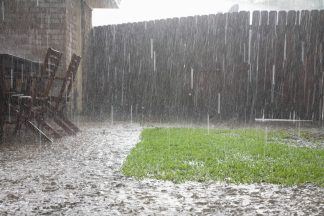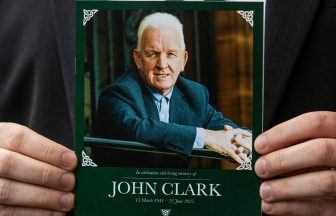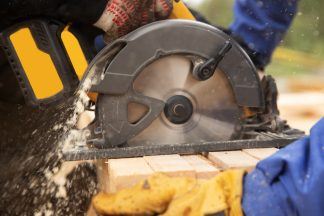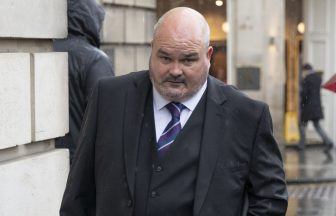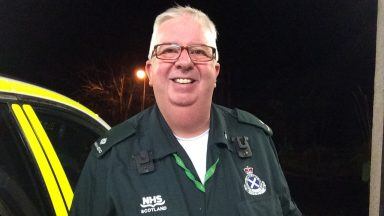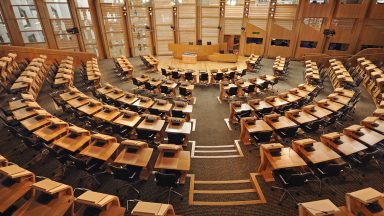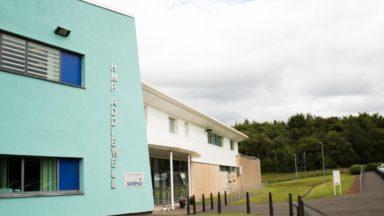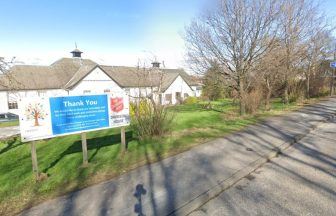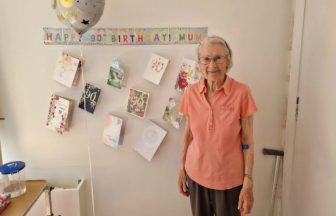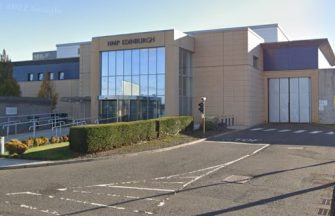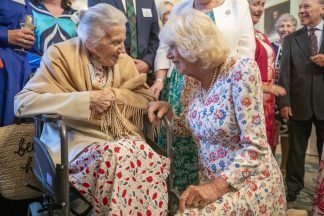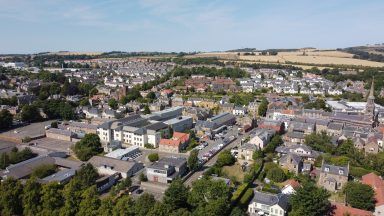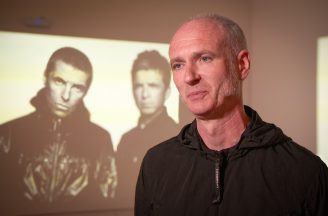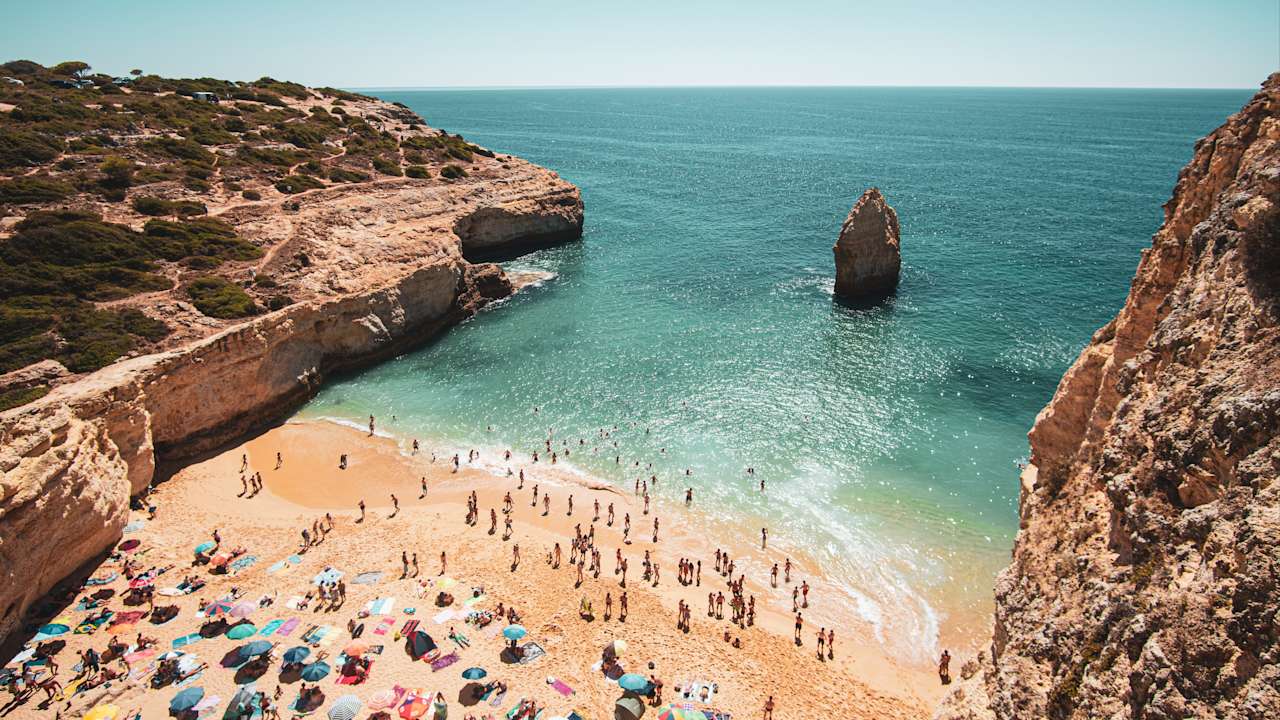Three women performing at the Fringe have opened up about their trials and tribulations of bringing stories about abortion to the Edinburgh festival this year.
A glittery musical comedy about abortion may feel like a contradiction – but activist and performer Lilly Burton wants to prove it doesn’t need to be in her Fringe debut All Aboard! At Termination Station.
Wearing a pink glittery jumpsuit with the phrase “PRO CHOICE” written on the back of it, Ms Burton told STV News: “It can be traumatic, it can be painful but also for a lot of women it’s something we really celebrate and I really wanted to get that across.
“My show is a comedy cabaret about my personal experience of multiple abortions. What I really want to do is open up the conversation for people to talk about their experiences.
“It’s about giving people the liberation to feel comfortable enough and to feel open enough to be able to talk about how they feel about abortion.
“The whole reason as to why I made the show was because I didn’t feel like I could talk about my abortions and I held onto a lot of shame and I don’t want other people to feel like that.”
Although abortions are an option in Scotland, they are technically still a crime as the law has not been updated since the 1960s.

In America, the situation is even more strict.
For performers like Californian actor Joyful, she finds discussing abortion in her show Breed or Bust brings a mix of emotions.
In her Fringe show, the actor and writer reflects on her own difficult decisions and battles her “primal baby-making instincts”.
Joyful said: “I was like, ‘I’m gonna make this funny. It was my big intention from the beginning and the first night I ever did this show I got all the laughs in all the right places and I was like ‘I did it.’ I made abortion funny.
“Then the next night, it was very heavy and I reminding myself ‘oh yeah, there is this tragedy, this heaviness, there’s this depth lurking underneath’. It’s been the journey since I’ve started performing this piece to marry those two.”
More than 20 American states now ban or restrict the procedure.
The case of Roe v. Wade governed reproductive rights for nearly half a century until the Supreme Court overturned the decision last year.
Many, like American playwright Arlene, who is bringing her play Blood of the Lamb to the festival, feel women’s rights across the world have taken a step back as a result of recent legislative changes.
Centred around the story of one woman trying to save her life and another woman trying to save her career, Blood of the Lamb is a drama about the criminalisation of abortion in Texas.
New abortion laws prohibit Nessa from leaving the state until after she gives birth, even though both her and lawyer Val know the foetus is deceased and Nessa’s life is in danger.
The question which runs through the play is: Can Val be persuaded to go against her convictions, putting her own career on the line in order to help Nessa escape?
Arlene said: “Women aren’t getting the care that they need, they are having miscarriages and not getting follow-up care because doctors are afraid of going to jail. We’ve all been in bureaucratic situations with the healthcare systems.
“I’m sure in your country as well as mine and so I think everyone can relate to the struggles of trying to be heard and knowing that you need to something for your body and being told something else.

“It’s just astonishing to me that in my lifetime that women’s rights are being taken away from them.
“Gloria Steinem said, and I think she was quoting Florence Kennedy, that if men could get pregnant abortion would be a sacrament.”
Meanwhile, groups such as the Society for the Protection of Unborn Children (SPUC) say they feel their anti-abortion voice has been supressed at the Fringe.
A SPUC spokesperson said: “The Edinburgh Fringe is hailed as ‘the world’s greatest platform for creative freedom’. Yet the recent suppression of pro-life ideas at the Edinburgh Fringe demonstrates that ‘creative freedom’ is only afforded to those who adhere to society’s standard of acceptability.
“Freedom of speech and expression are some of the rights that we cherish in this country, and it is chilling when certain voices are silenced because they are unpalatable to others.”
The Fringe says it is “open-access” and it is up to artists and venues to decide what shows come to the festival every year.
Follow STV News on WhatsApp
Scan the QR code on your mobile device for all the latest news from around the country



